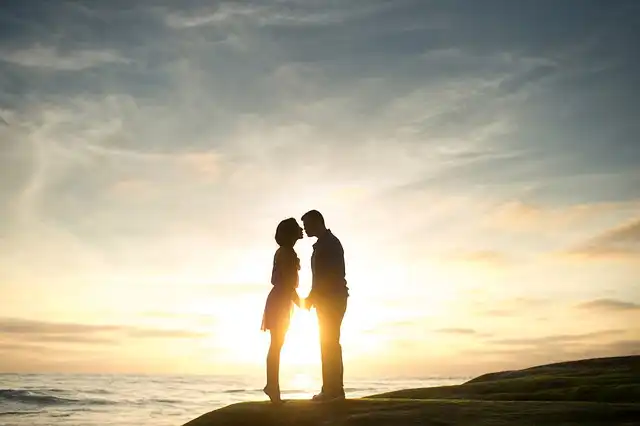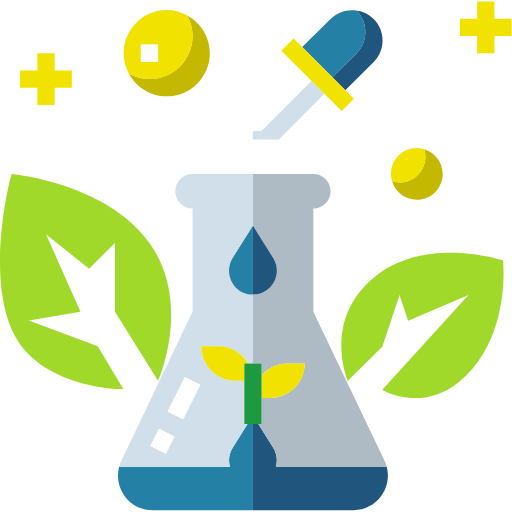The Evolutionary History of Kissing: Neanderthals & More

Research suggests kissing's roots trace back millions of years, with Neanderthals possibly participating. Studies explores the evolutionary origins and social aspects of kissing in humans and primates.
They found that kissing possibly progressed in genealogical apes some 21.5 million to 16.9 million years earlier and there is an 84 percent possibility that our extinct human relatives, Neanderthals, participated in kissing as well.
This causes numerous smooches being left out, including kisses in other places on the body. “If you kiss a person on the cheek, then I would certainly state that is a kiss, however by our interpretation, it isn’t kissing,” claims Brindle. “Human beings take kissing to a new level.”
This leads to several smooches being omitted, consisting of kisses in other places on the body. “If you kiss a person on the cheek, then I would certainly say that is a kiss, yet by our definition, it isn’t kissing,” states Brindle. “Human beings take kissing to a brand-new degree.”
That is unlikely to be the whole tale, provided that many teams of individuals don’t kiss. “I’m sure there’s a solid social aspect to it and it’s most likely reoccured with different social choices,” states Clay.
“I believe from the evidence that they have, kissing certainly has this affiliative feature,” states Zanna Clay at Durham University, UK.
Defining Kissing Across Species
Discover some of the globe’s oldest well-known cave paintings in this ideal component of North Spain. Traveling back 40,000 years to check out just how our forefathers lived, worked and played. From old Paleolithic art to awe-inspiring geological developments, each cave informs a special story that goes beyond time.
The researchers initially generated an interpretation of kissing that would certainly work throughout many species, deciding on mouth-to-mouth get in touch with that is non-antagonistic and includes activity of the lips, however not the transfer of food.
To approximate the chance that various ancestral types likewise engaged in kissing, Brindle and her associates drawn up this info in a family tree of primates and ran a statistical approach called Bayesian modelling 10 million times to imitate different advancement circumstances.
“I think from the evidence that they have, kissing absolutely has this affiliative feature,” claims Zanna Clay at Durham College, UK. “We understand, for instance, in chimps that it does appear to create this crucial function in repairing social partnerships. To me, the sexual aspect is a little bit of a question mark.”
“Certainly, that’s simply Neanderthals kissing; we don’t know who they’re kissing,” states Brindle. “However together with the proof that human beings and Neanderthals had a similar dental microbiome and that many people of non-African descent have some Neanderthal DNA, we would argue they were probably kissing each various other, which most definitely places a much more romantic spin on human-Neanderthal connections.”
Troels Pank Arbøll at the University of Copenhagen in Denmark, who mapped early records of kissing in cuneiform creating from old Mesopotamia, agrees. “This supplies a much more strong basis to say that kissing has been with human beings for a very long time,” he states.
Kissing’s Role in Social Bonding
To seek responses, Matilda Brindle at the University of Oxford and her coworkers have actually attempted to work out the transformative background of kissing. “Kissing seems a little a transformative paradox, she states. “It probably doesn’t help survival and can also be risky in terms of aiding virus transmission.”
The other essence is that non-sexual kissing developed from brushing and works for enhancing bonding and alleviating social tension. “Chimpanzees will literally kiss and make up after a battle,” says Brindle.
1 Cosmic Evolution Early2 human history
3 kissing
4 Neanderthals
5 primates
6 social behavior
« mRNA Flu Vaccine: Promising Results in Clinical TrialsMeasles Outbreak: Long-Term Effects and Elimination Status »
